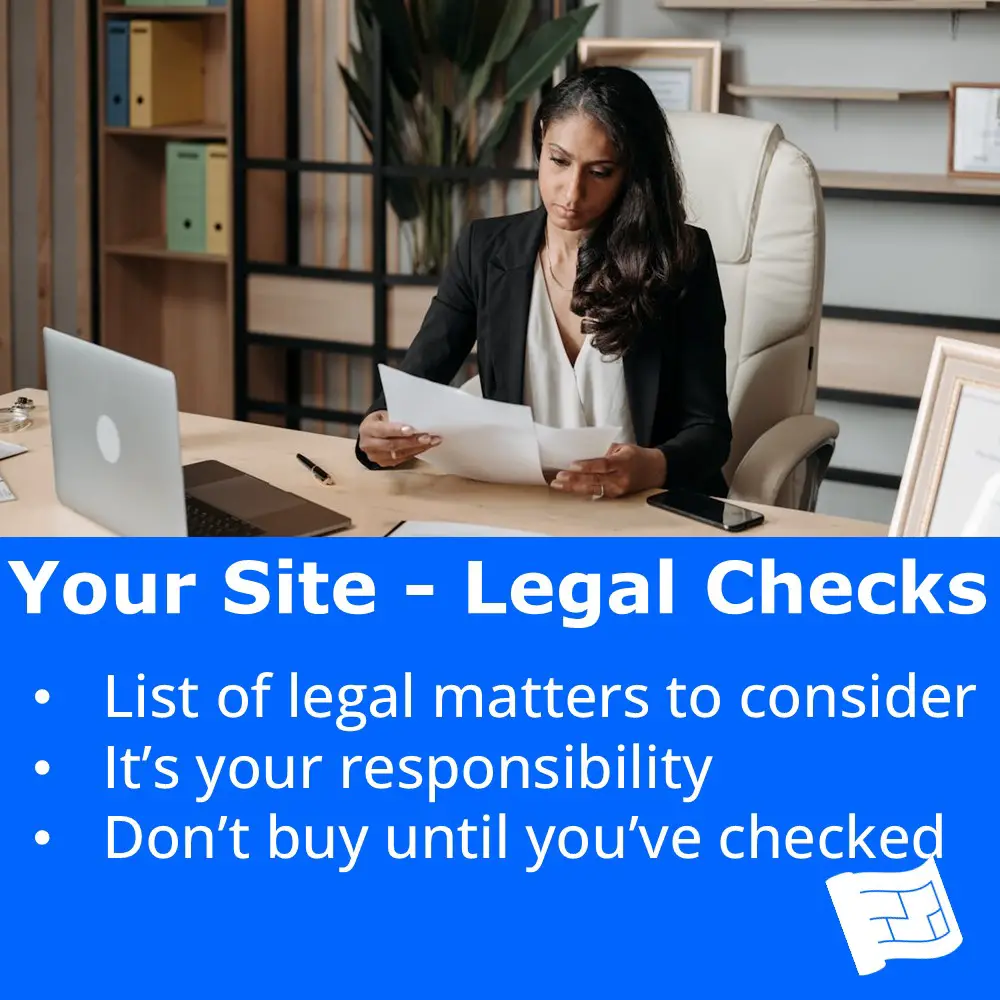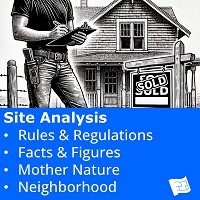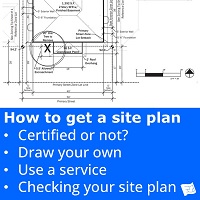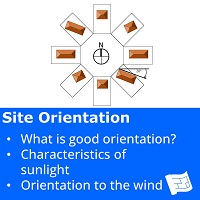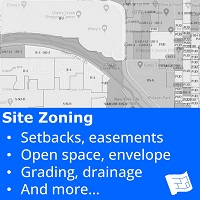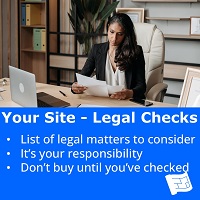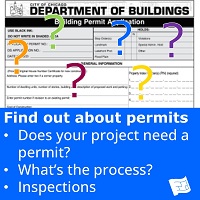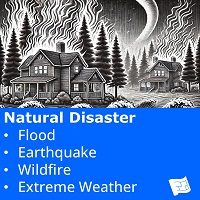- Home
- Your Lot ¦ Plot ¦ Site
- Legal Checks for Your Site
Legal Checks For Your Site
I’m not a lawyer so the purpose of this section is not to offer legal advice, but to alert you to the importance of checking the legal aspects of your site or property.
Something you find out at this stage might influence your decision whether or not to go through with the purchase, or might mean you want to negotiate on the price.
As the homeowner, it is your responsibility to provide information about any legal limitations to other professionals you work with such as your designer and contractor.
When you buy a site, my advice is to engage a lawyer who can make you aware of any pertinent issues in the deeds to the title. They will often provide services to do other types of search on your site or property as well.
Here's a list of things to think about and discuss with your lawyer.
It's important to know everything about your site so check out all the pages. This one covers the legal checks to do.
Ask around
If you're thinking of buying a site in a neighborhood you don't know ask the locals. Do they know of any legal disputes that have happened regarding the site?
Previous building permits
If you're remodeling or renovating your home, find out about any other building permits that have been issued in the past and check the work passed the inspections.
This information should be available from your building department.
Deed restrictions
The property deed (or title) is an important document which can effect what you can do with a lot and/or existing property.
Let's have a look at an example.
Some of you might be thinking about dividing a lot into two, or dividing a house into two dwellings, perhaps for the basement to be it’s own self contained accommodation for a parent, or a college age kid, or perhaps you’re thinking of converting a big home into apartments. The deed may contain a restriction that means you can't do this.
When you buy or bought your site, your lawyer should make you aware of any pertinent issues in the deeds to the title.

Let’s say you wanted to subdivide the lot shown above into two and further to that, split the current property into two dwellings. It's important to check the deed to see if the title can be divided up as you are planning.
If the legal division isn't possible, provided that the zoning laws will allow you to make the dwelling into a multi-family dwelling, you could go ahead and do the remodel, but when it came to resale, you'd have to sell the house (the title) in one transaction.
Year of construction
Check if there are any legal or other issues (Eg zoning, building code) which could differ depending on when the home was built, or when the last alterations were done on the property.
Rights of way
The title will list any easements such as a shared driveway or any other public rights of way. Needless to say it's really important that you can access your property or land.
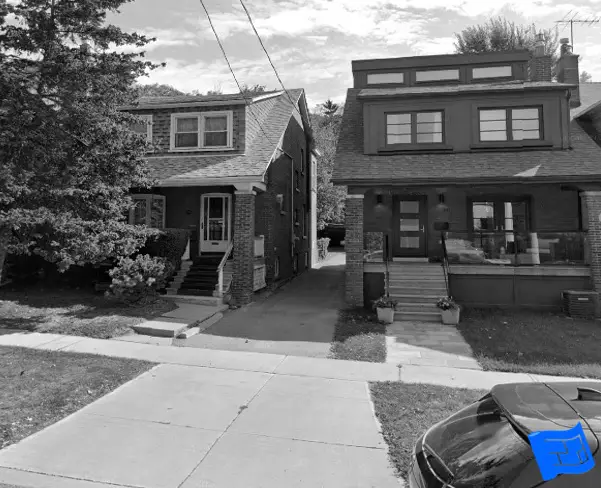
Party walls
If your project is a row house, or condo with walls in common with your neighbors, these walls are called party walls or sometimes common walls.
A party wall runs all the way from the foundation to the parapet. Usually the walls are built equally over the property line and are structural.
The right for both parties to use the wall is an easement.
You can do what you like to the party wall provided that you don’t infringe on your neighbor’s right to the wall.
Your neighbor has the right for the party wall to keep holding their home up, and other things like to insulate the sound coming from your home to theirs so any work that you do mustn’t infringe on this right. If you do infringe on this right, you will be liable to put the situation right.

Restrictive covenants
A restrictive covenant (if there is one) is something that is written into the deeds of your property. It is a binding legal obligation which states what you can or cannot do with your home or land. They can have penalties if you do not toe the line with any restrictive covenants in your deed.
Usage restrictions
This is very similar to zoning. Zoning deals with what can be built on the land, but even for the parts you're not planning to build on, can you do what you're planning? Can you hunt? Can you farm? Can you plant an orchard? Can you create a pond?
Leasehold
Leasehold is not a common legal framework for home ownership in the USA, although there are some in NY, FL and HI.
If you have a leasehold property you can renovate or build as if you owned the property.
Native land rights
Is your land on or near a reservation. Are there any plans to build a casino? I've been watching too much Yellowstone!
Utilities
If you're buying land you'll need to check that you'll have a right to get the utilities you need.
For example if there's no public water access nearby how will you get water? Do you have the right to build a dam or drill a well? Could your neighbors build a dam and cut off your supply?
Mineral rights
If there are natural resources under your land, it may surprise you to know that you may not automatically own the rights to exploit these resources.
It may also surprise you if someone else has a right to erect an oil well on your property.
Environmental Considerations
Is the land clean? If there turns out to have been any polution discovered once you own the land or property, you will you be responsible for cleaning it all up.
Residents' and Homeowners' associations
Find out about any residents or homeowners associations that preside over your site. There may be conditions, bylaws, covenants or restrictions that apply to your site. These may take the form of rules about things such as colors you can use for your the exterior of your home, parking arrangements, outdoor storage and drying laundry outside.
As the homeowner, it is your responsibility to provide information about any rules relating to Residents' and Homeowners' Associations to other professionals you work with such as your designer and contractor.
Many building departments will hold contact information for these associations.
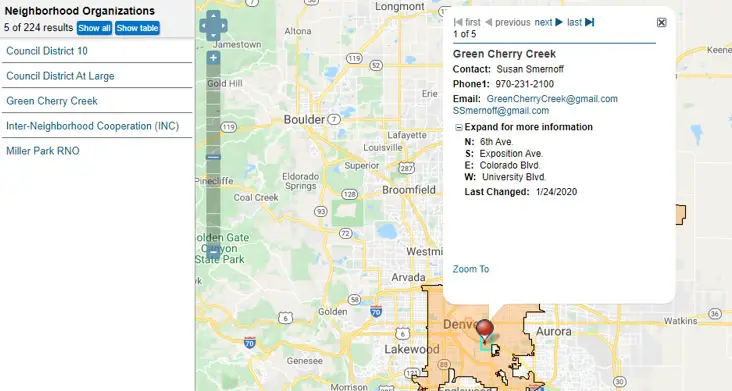
Residents associations can represent residents' concerns to the building department so it's a good idea to make contact and get to know them. They may also be able to give you some information on local contractors.

